I’ll be back in Vancouver on Monday and then I’ll make a quick stopover to Ottawa to submit my application for a Visa. I’ll be coming back to Prague on December 30, staying for awhile, and then hopefully have my Visa returned to me before I reach my allowed 90 days as a tourist.
I’ll be able to stay in Prague and not have to return to Canada after January 19 and wait for it over there.
I’ll have my first English teaching job interview in January. I’ll be a little behind most of my friends from the October TLH TEFL course, but it will be fine. It will all be fine.
There are seven situations in which one can use future simple with ‘will’, and while none of them is ‘deluding yourself to avoid a nervous breakdown’, that’s my go-to usage these days.
I’m just kidding, everything has actually been going pretty great over the past few weeks. In rare quiet moments, however, it’s easy to panic about the future. Whether I’m wishing my life away or agonizing over tomorrow, it’s never too far from my mind.
Seldom does it feel simple, but maybe I just need a change in perspective. It’s possible that I may simply need to frame my life through the narrow confines of the future simple tense to assuage my anxieties.
The first use of future simple with ‘will’ is for predictions. If I’m living true to the future simple, I’ll just say that I will find employment in the new year. Boom. Simple. I’ll just forget the job interview and employment PTSD I acquired before I came to Prague, and just flat out predict that I’ll find something that will work out.
I only started applying to teaching jobs last week and have already received a few responses and calls for interviews. From what I’ve heard from others, the process is nowhere near as traumatizing as the steady stream of ghosting and rejection I experienced back home and actually can be a lot of fun.
It seems as if they might actually want to get to know you instead of just ticking off boxes on a paper. Surely some sort of strange Eastern European custom.
Another use of future simple with ‘will’ is for expectations. I’ll go to Ottawa next week and give in my forms and it will get processed quickly. It shouldn’t be a busy time of year and I’ll get it back in the minimum amount of days, allowing me to get settled in the Czech Republic sooner rather than later.
It’s a lot more complicated than that, but I’ll stay true to this experiment and just keep it at that.
Huh, this future simple mindset isn’t so bad! What else is it used for?
For future facts. It’s a fact that the legal limit for a decision on my Canadian Youth Mobility Visa is 60 days. So even if it takes the maximum amount of time, I won’t have to spend too much time waiting back in Vancouver for it. I will be back soon and ready to start working with everything having been done legally and above board.
It is also used for instant decisions. This one is pretty close to how I got to Prague in the first place. I found out about The Language House, saw that I could get there by October and even though I wasn’t sure if I wanted to stay longer than a month, I told myself ‘I’ll sign up’.
Sure, looking back now, I wish I had started my Visa process right then and there but hindsight is 20/20. I had no idea how much I’d enjoy the Czech Republic and that I would meet such cool people. So now, I’ll be figuring things out in 2020, and it could be a lot worse than that.
The future simple is also used to communicate offers to help or assist and to my great fortune I’ve heard it used a lot from the community I’ve formed in Prague. ‘I’ll help you look for jobs’ and ‘I’ll send you my CV’ have been huge reassurances in the frequent times of great stress that have accompanied my time abroad.
As for promises and threats, luckily the former has come up more frequently for me and I’m happy to assure everyone that I will be back in Prague and spend next year there. Hopefully no one takes that as a threat.
Finally, we can use the future simple for polite requests. The example in our workbook was ‘I’ll take some fries, please’ and as excited as I am that next week, I’ll have the chance to go to my favourite restaurant (the legendary British Columbia chain White Spot — or its fast food counterpart ‘Triple O’s’) and say ‘I’ll have a BC Burger, please’, starting in 2020, I’m looking forward to — no, I will be saying: ‘I’ll have another goulash, thanks’.
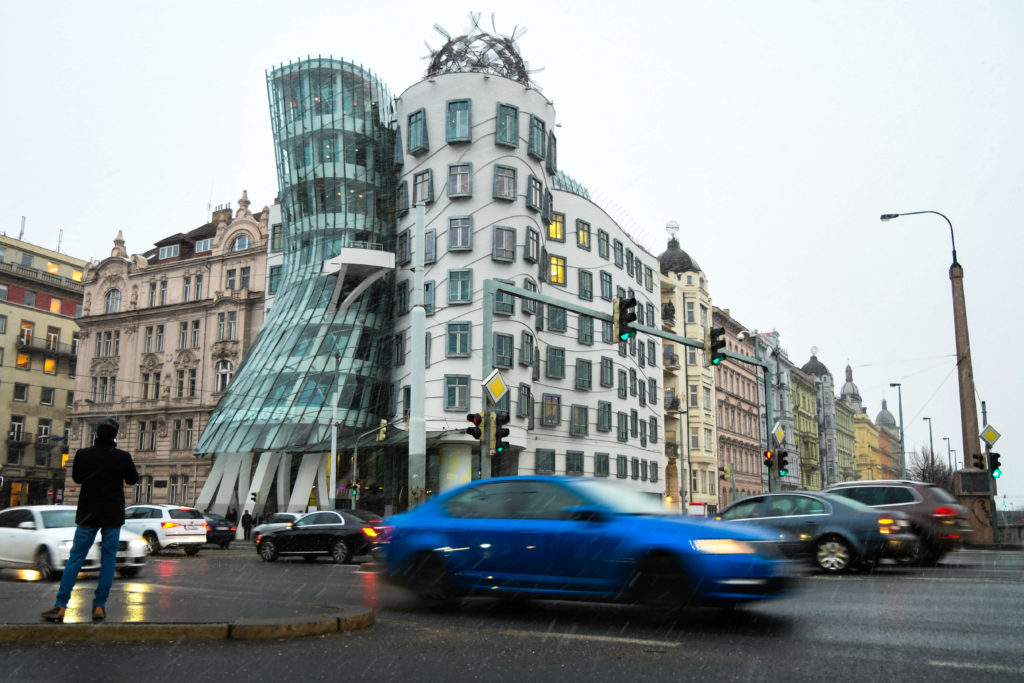


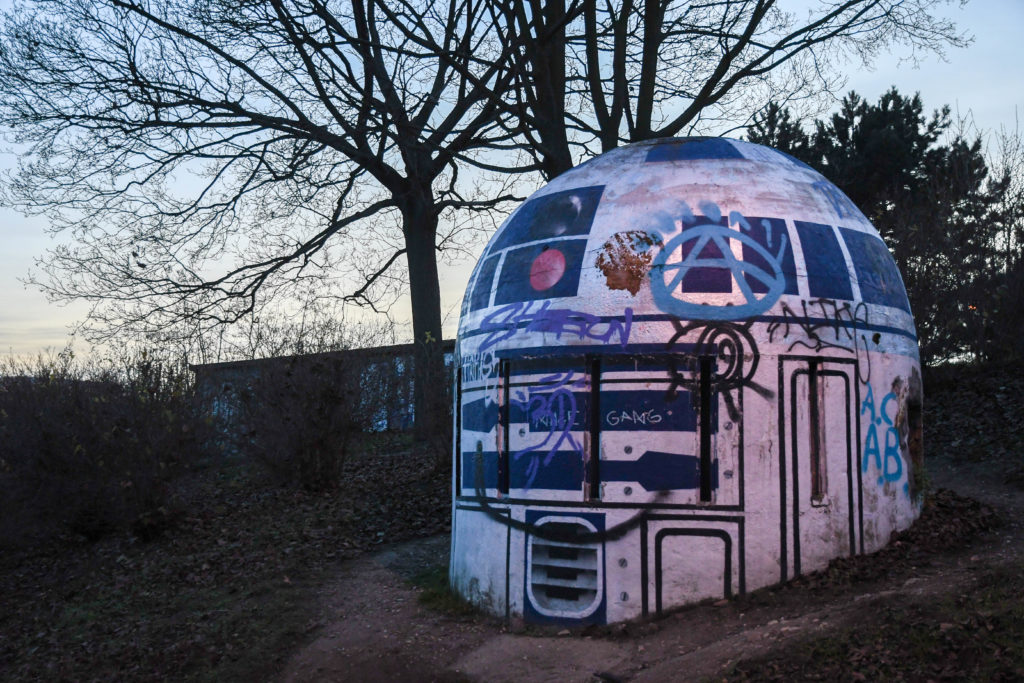




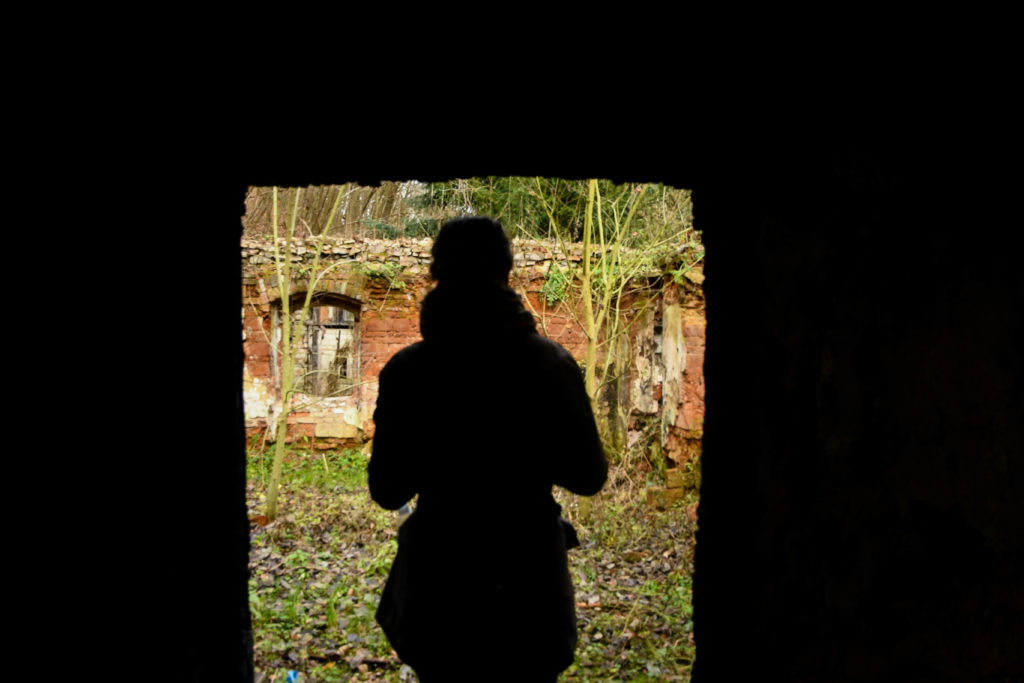
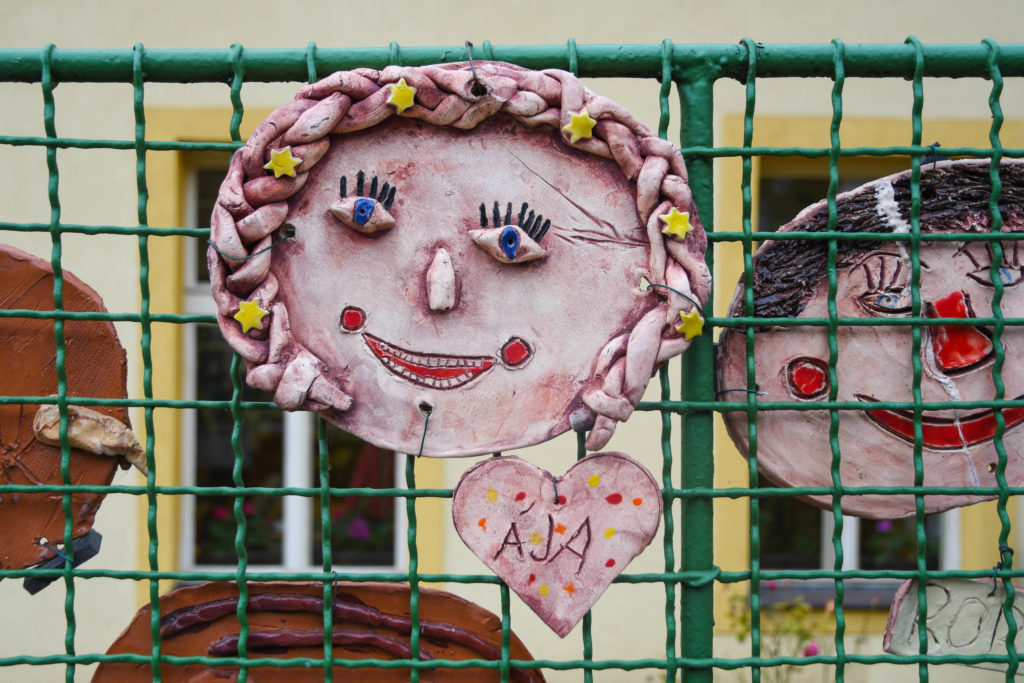




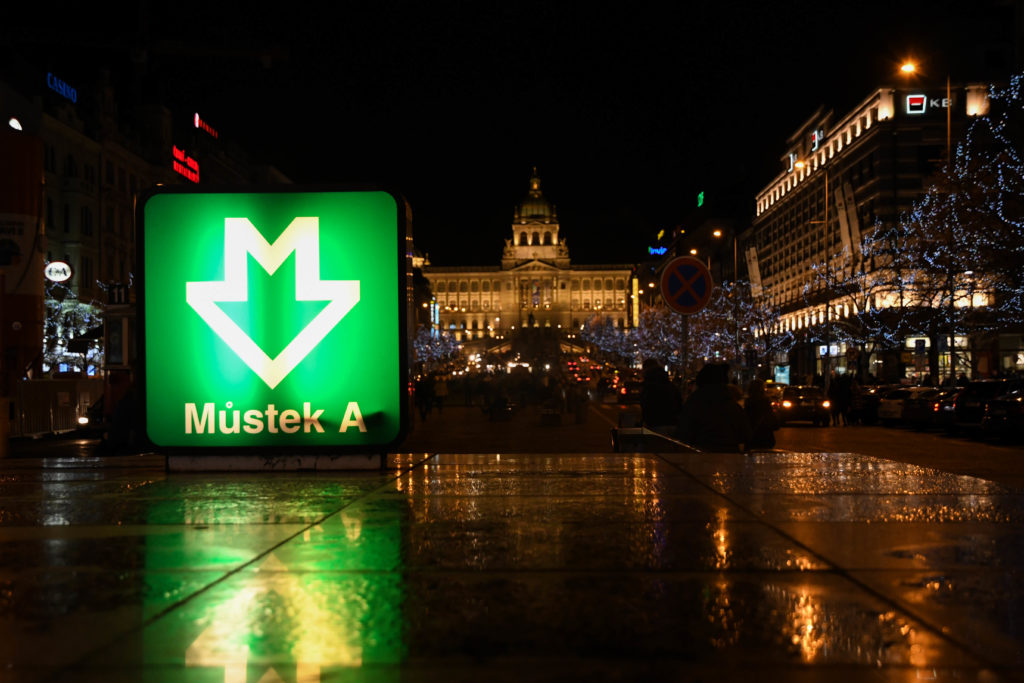


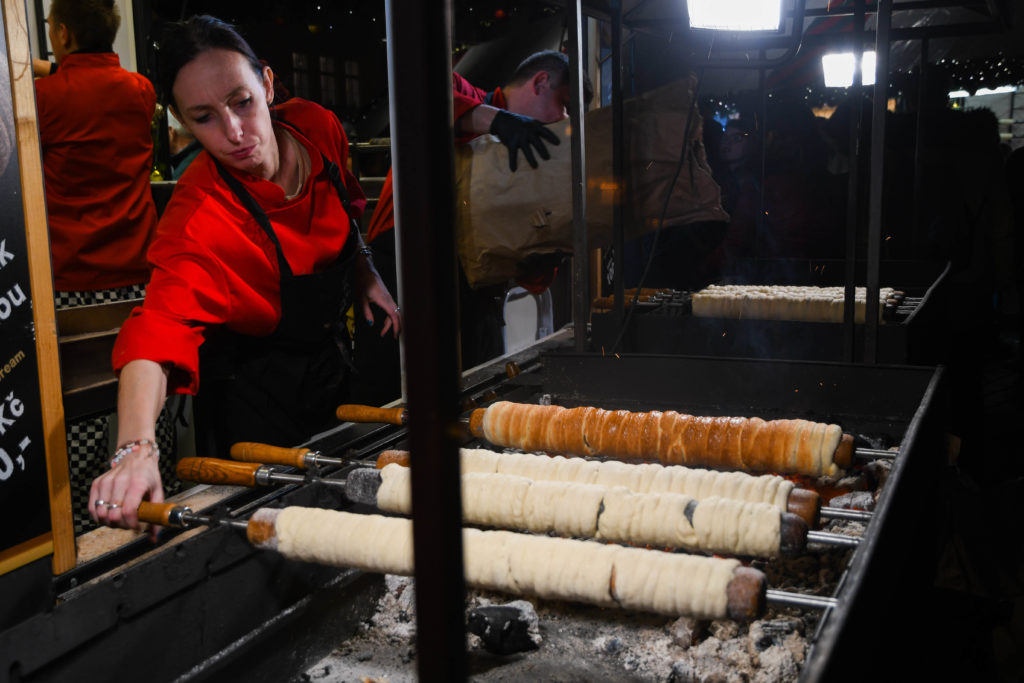





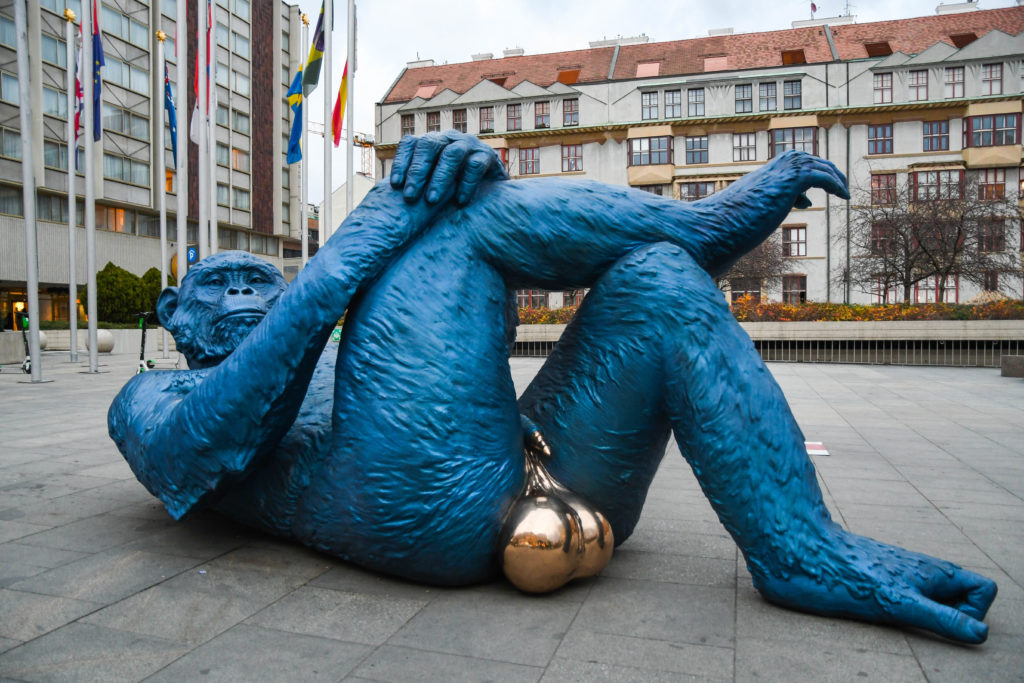




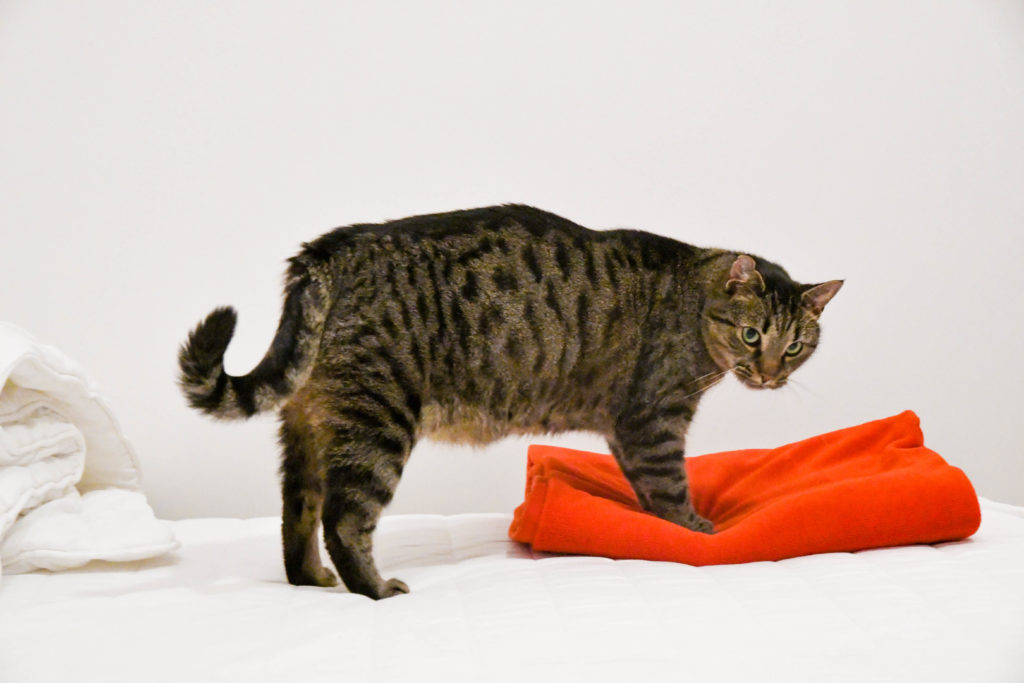

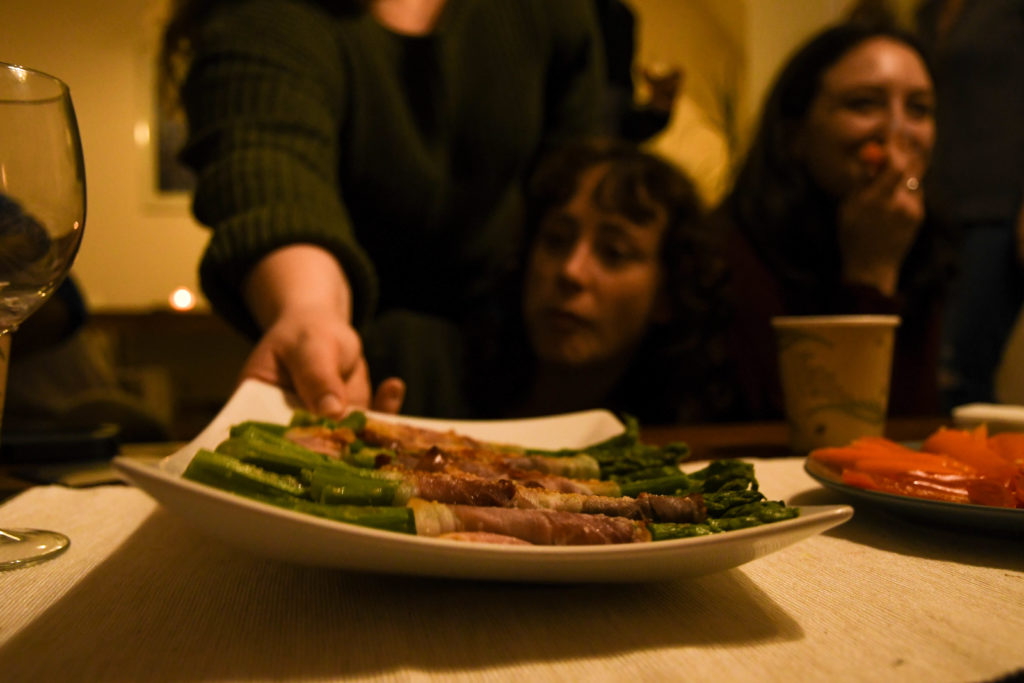
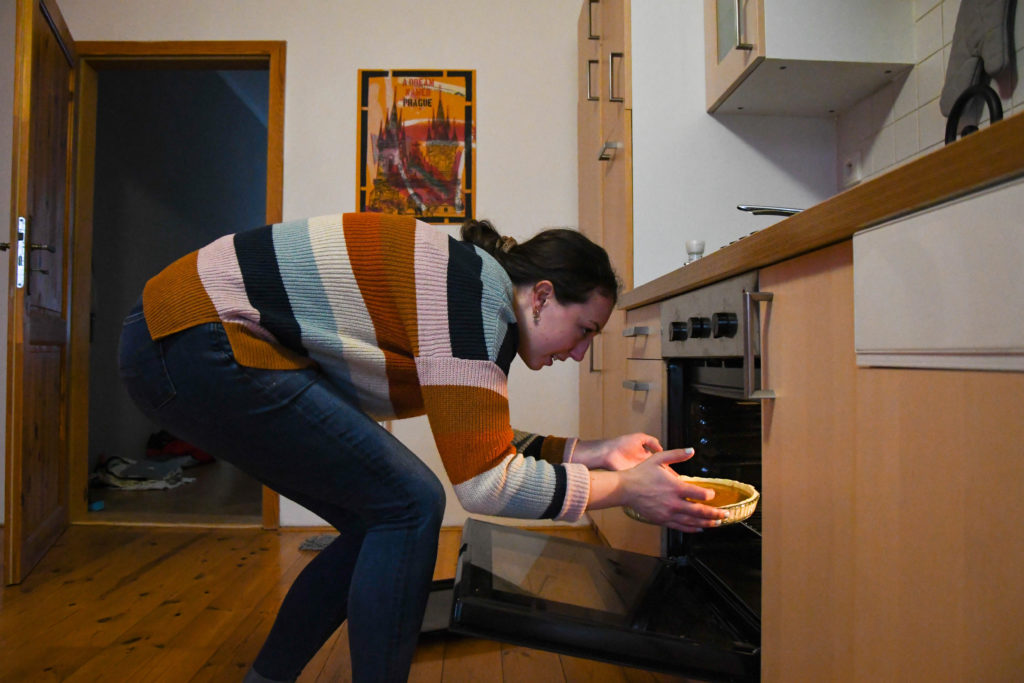
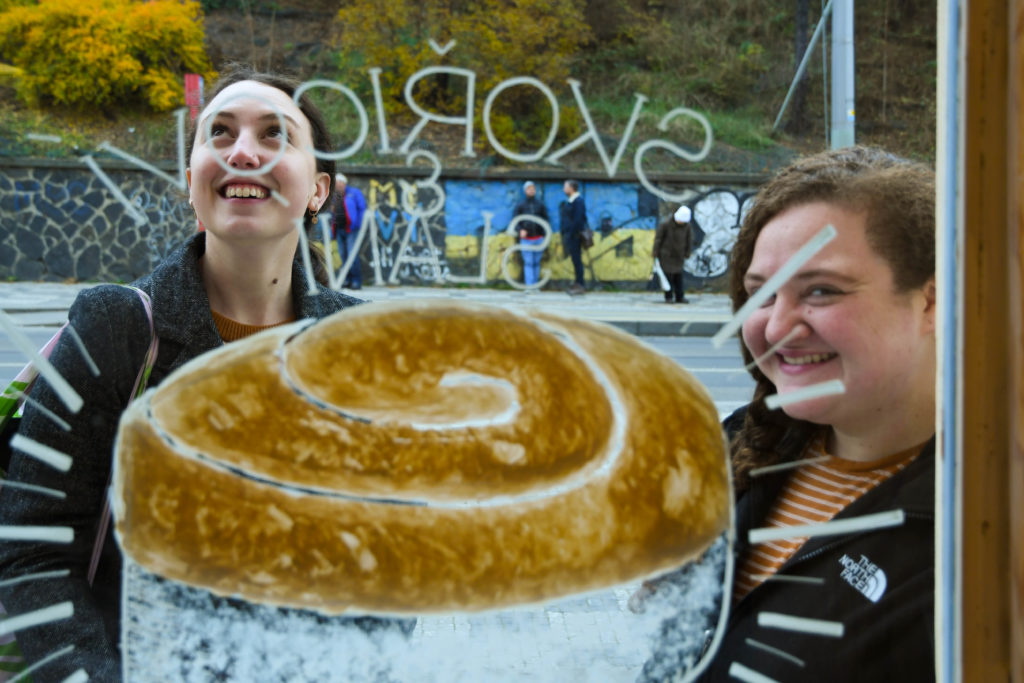



WHITE SPOT!!!! ????? damn i’d forgotten about that place. Good breakfasts too!